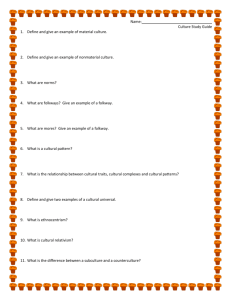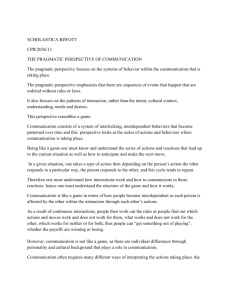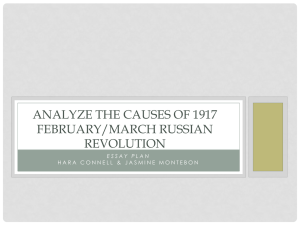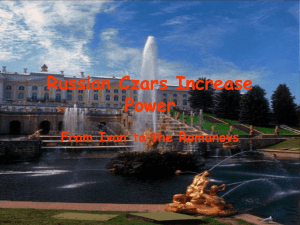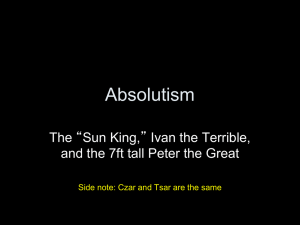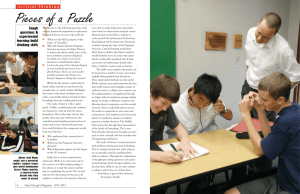File - Mr. Johnston's AP European History
advertisement
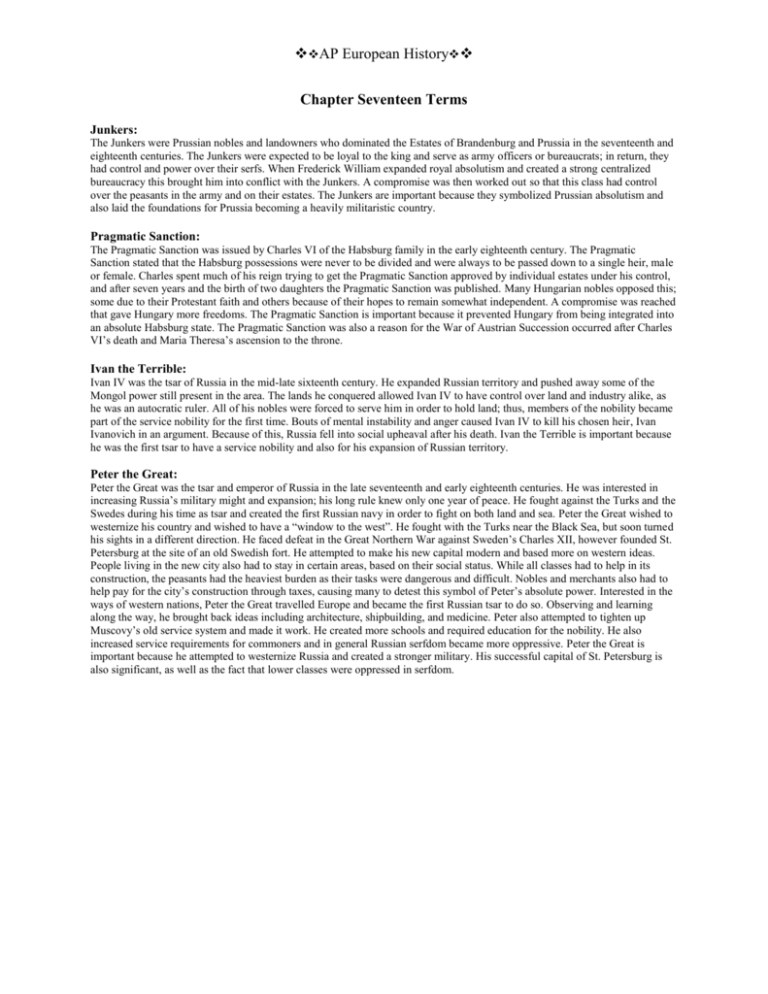
AP European History Chapter Seventeen Terms Junkers: The Junkers were Prussian nobles and landowners who dominated the Estates of Brandenburg and Prussia in the seventeenth and eighteenth centuries. The Junkers were expected to be loyal to the king and serve as army officers or bureaucrats; in return, they had control and power over their serfs. When Frederick William expanded royal absolutism and created a strong centralized bureaucracy this brought him into conflict with the Junkers. A compromise was then worked out so that this class had control over the peasants in the army and on their estates. The Junkers are important because they symbolized Prussian absolutism and also laid the foundations for Prussia becoming a heavily militaristic country. Pragmatic Sanction: The Pragmatic Sanction was issued by Charles VI of the Habsburg family in the early eighteenth century. The Pragmatic Sanction stated that the Habsburg possessions were never to be divided and were always to be passed down to a single heir, male or female. Charles spent much of his reign trying to get the Pragmatic Sanction approved by individual estates under his control, and after seven years and the birth of two daughters the Pragmatic Sanction was published. Many Hungarian nobles opposed this; some due to their Protestant faith and others because of their hopes to remain somewhat independent. A compromise was reached that gave Hungary more freedoms. The Pragmatic Sanction is important because it prevented Hungary from being integrated into an absolute Habsburg state. The Pragmatic Sanction was also a reason for the War of Austrian Succession occurred after Charles VI’s death and Maria Theresa’s ascension to the throne. Ivan the Terrible: Ivan IV was the tsar of Russia in the mid-late sixteenth century. He expanded Russian territory and pushed away some of the Mongol power still present in the area. The lands he conquered allowed Ivan IV to have control over land and industry alike, as he was an autocratic ruler. All of his nobles were forced to serve him in order to hold land; thus, members of the nobility became part of the service nobility for the first time. Bouts of mental instability and anger caused Ivan IV to kill his chosen heir, Ivan Ivanovich in an argument. Because of this, Russia fell into social upheaval after his death. Ivan the Terrible is important because he was the first tsar to have a service nobility and also for his expansion of Russian territory. Peter the Great: Peter the Great was the tsar and emperor of Russia in the late seventeenth and early eighteenth centuries. He was interested in increasing Russia’s military might and expansion; his long rule knew only one year of peace. He fought against the Turks and the Swedes during his time as tsar and created the first Russian navy in order to fight on both land and sea. Peter the Great wished to westernize his country and wished to have a “window to the west”. He fought with the Turks near the Black Sea, but soon turned his sights in a different direction. He faced defeat in the Great Northern War against Sweden’s Charles XII, however founded St. Petersburg at the site of an old Swedish fort. He attempted to make his new capital modern and based more on western ideas. People living in the new city also had to stay in certain areas, based on their social status. While all classes had to help in its construction, the peasants had the heaviest burden as their tasks were dangerous and difficult. Nobles and merchants also had to help pay for the city’s construction through taxes, causing many to detest this symbol of Peter’s absolute power. Interested in the ways of western nations, Peter the Great travelled Europe and became the first Russian tsar to do so. Observing and learning along the way, he brought back ideas including architecture, shipbuilding, and medicine. Peter also attempted to tighten up Muscovy’s old service system and made it work. He created more schools and required education for the nobility. He also increased service requirements for commoners and in general Russian serfdom became more oppressive. Peter the Great is important because he attempted to westernize Russia and created a stronger military. His successful capital of St. Petersburg is also significant, as well as the fact that lower classes were oppressed in serfdom.
